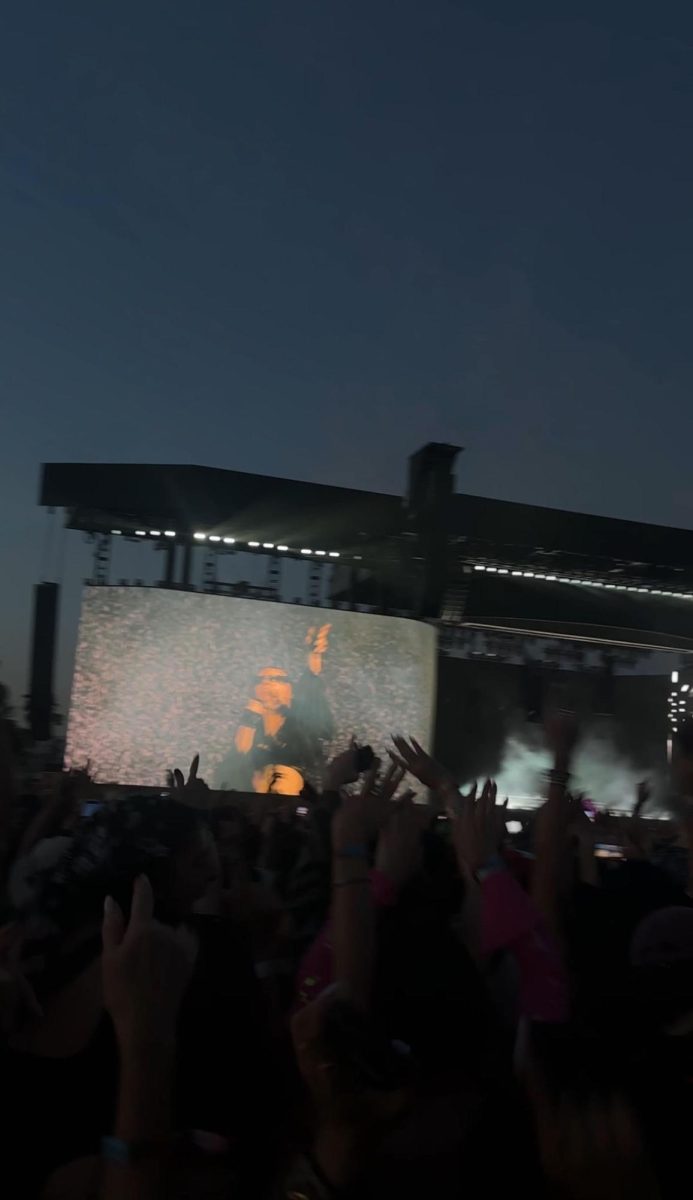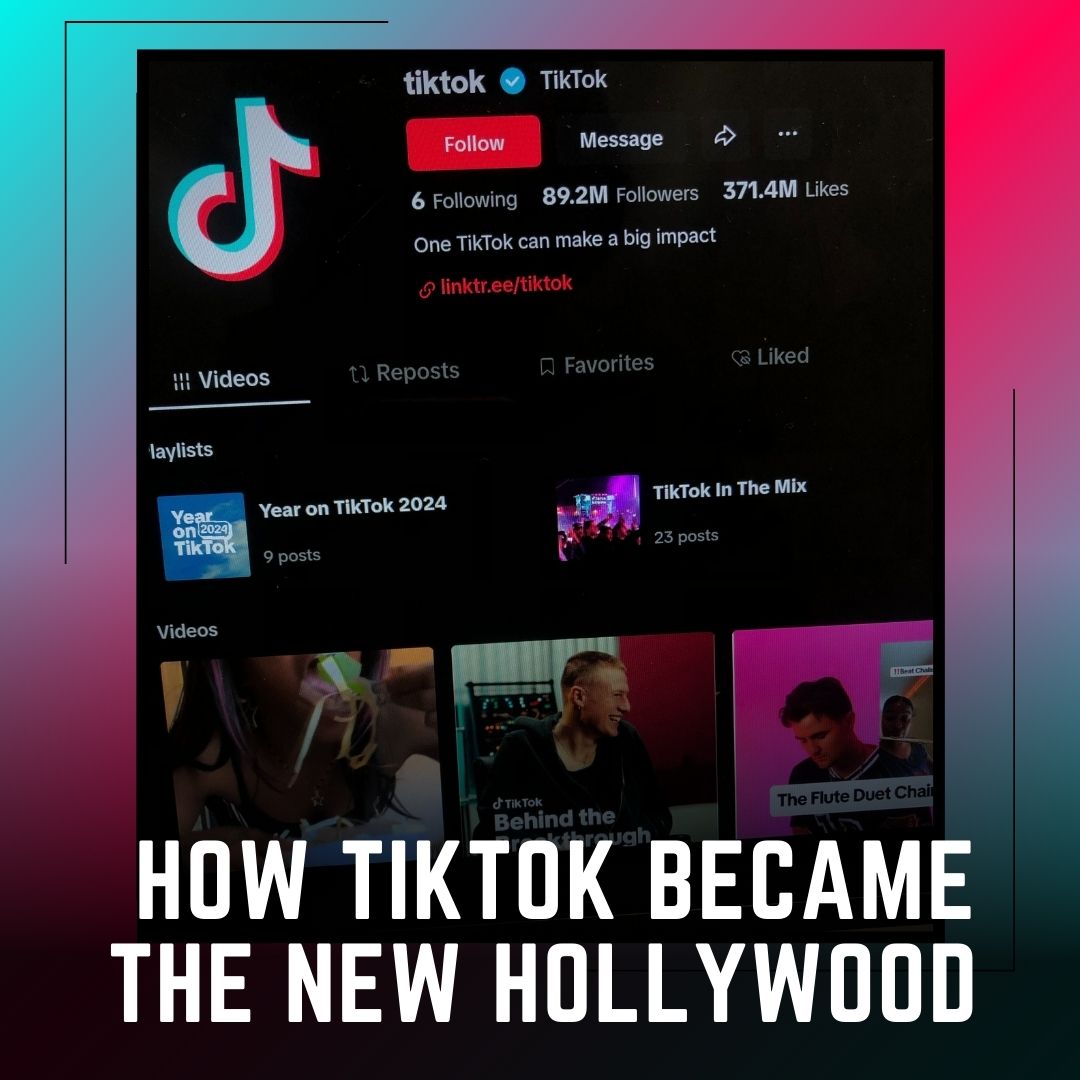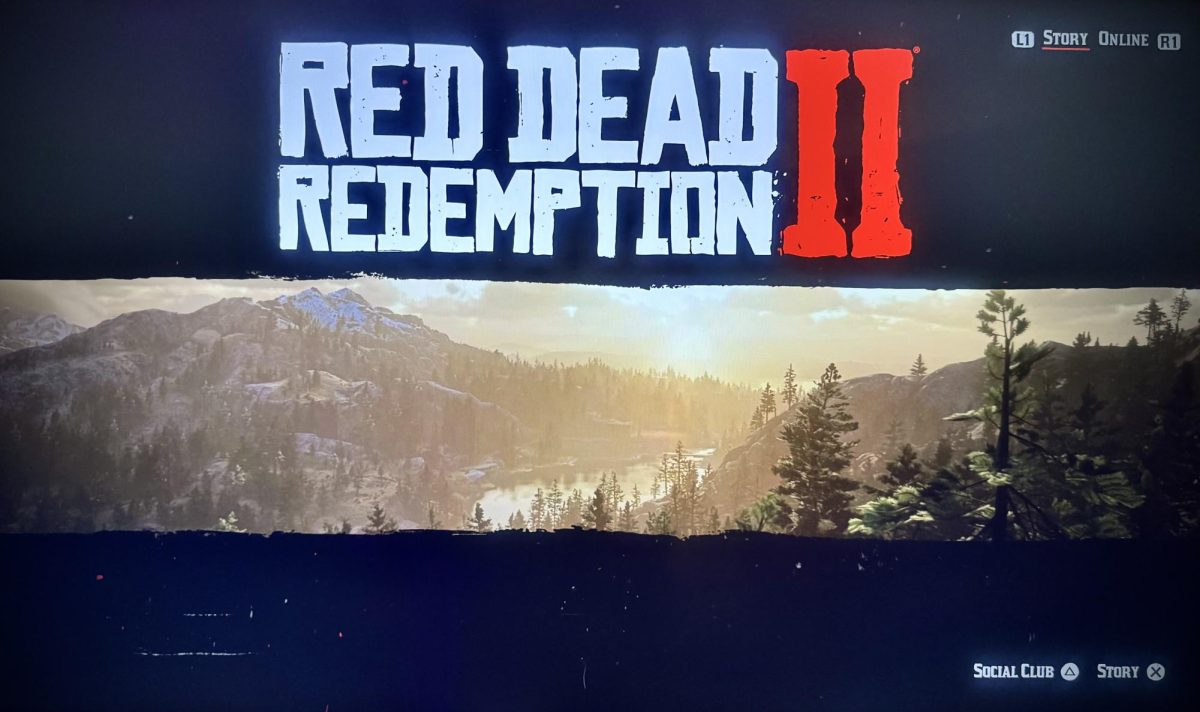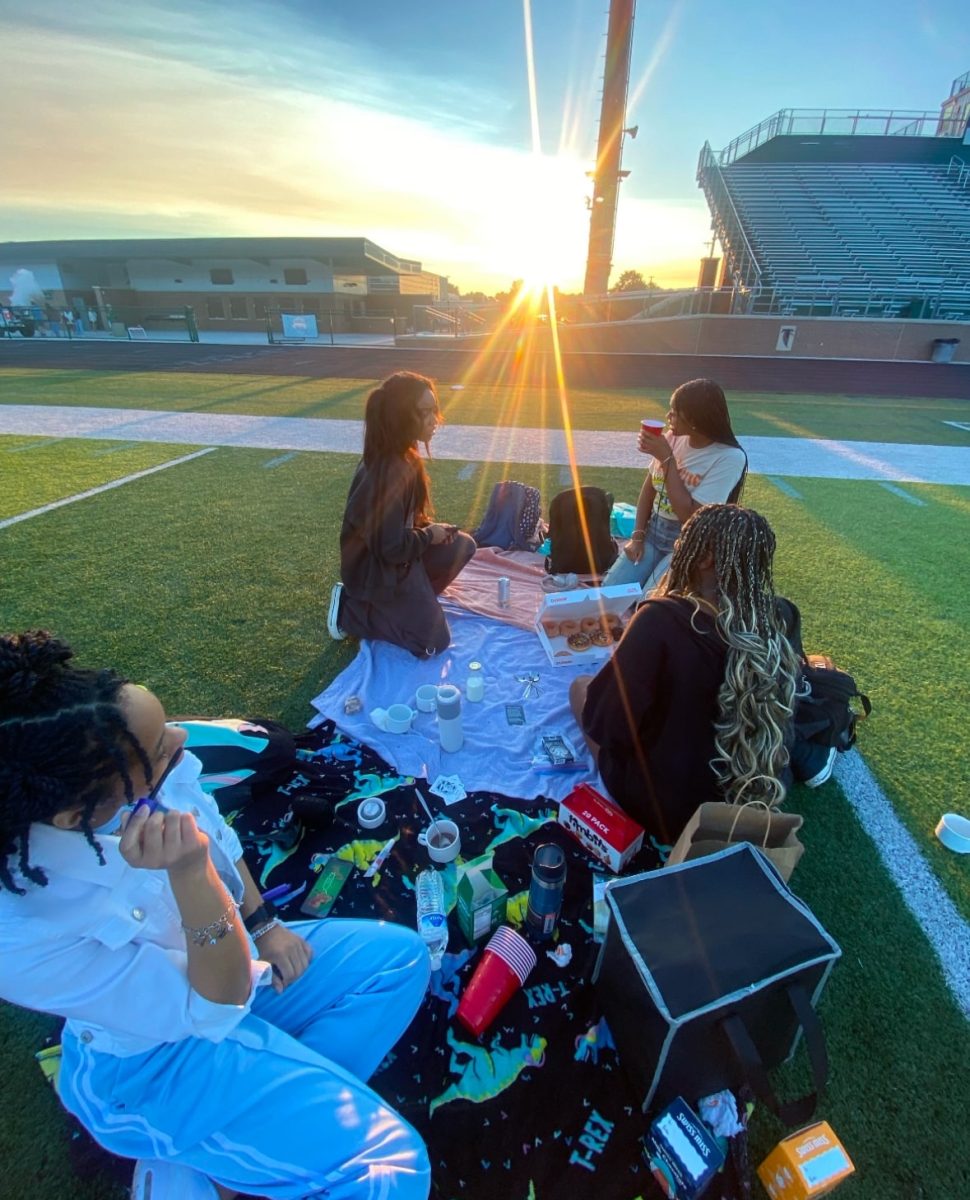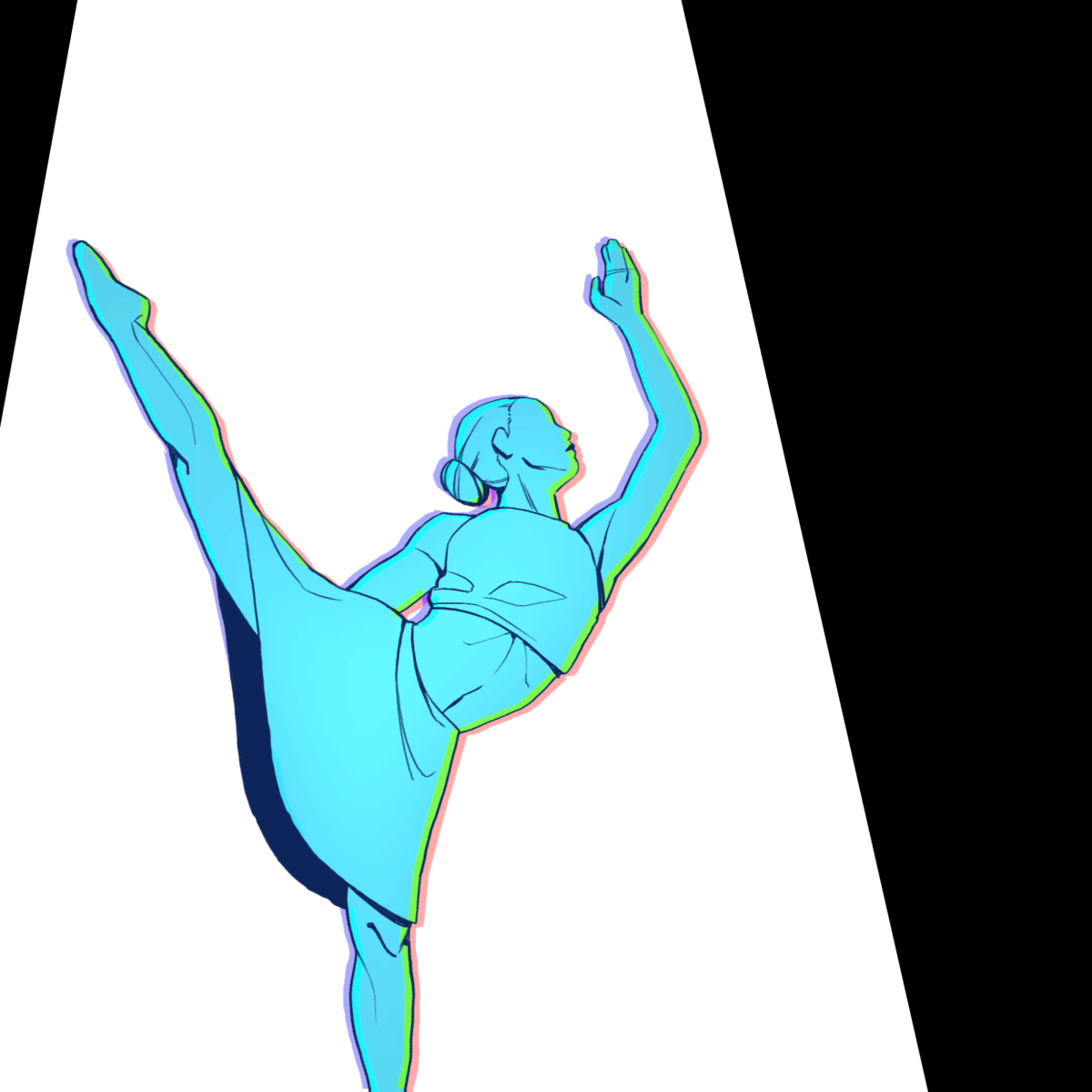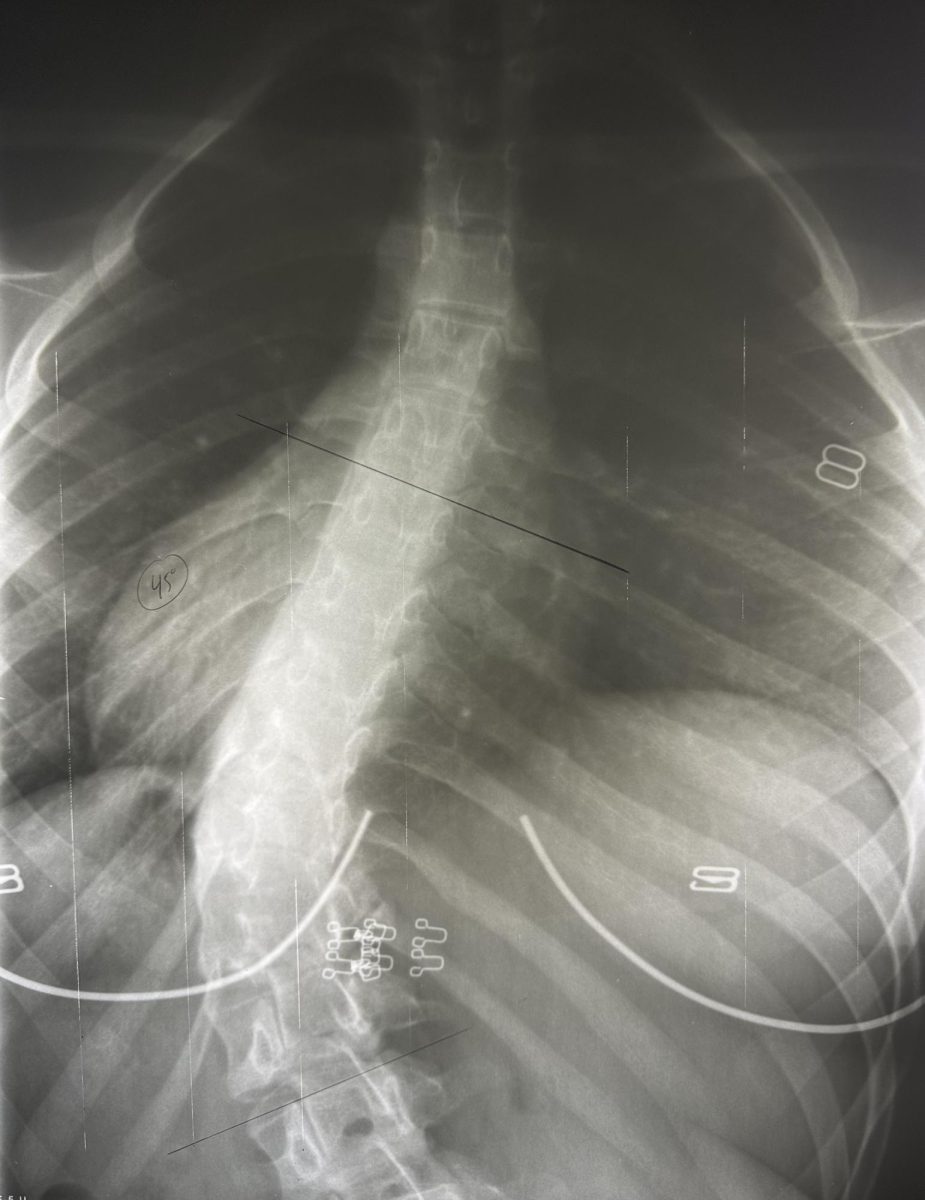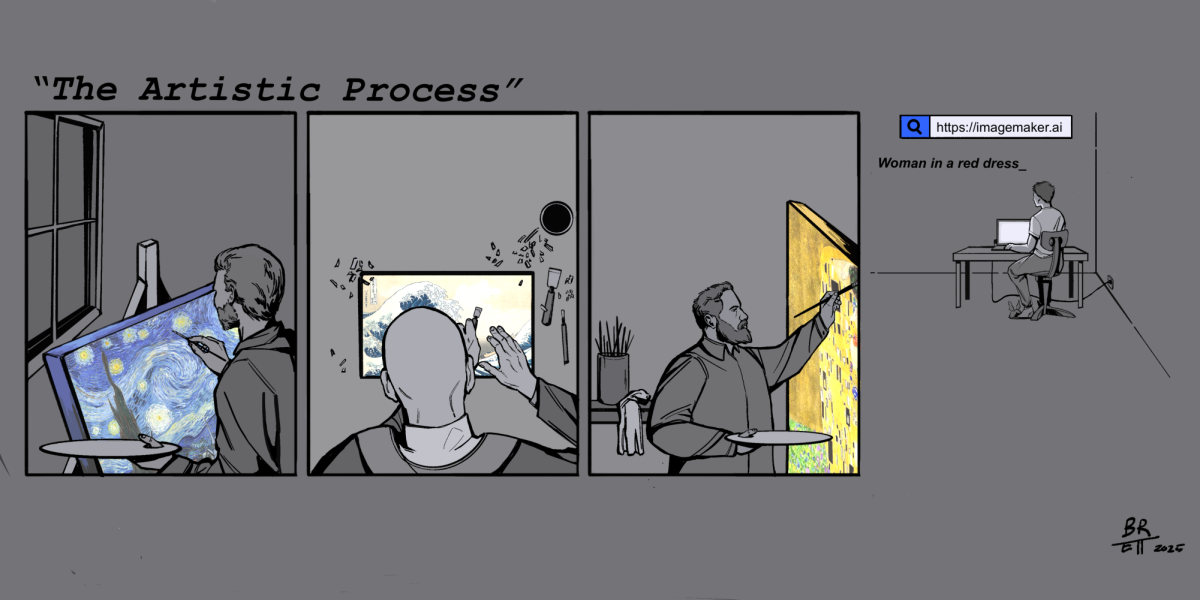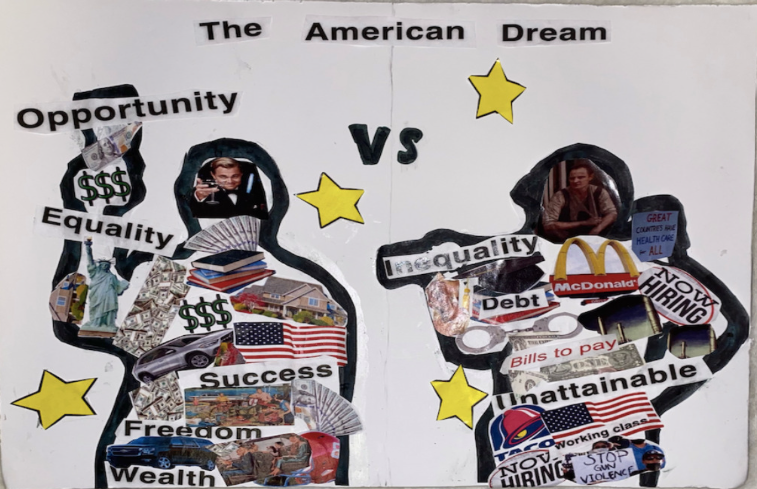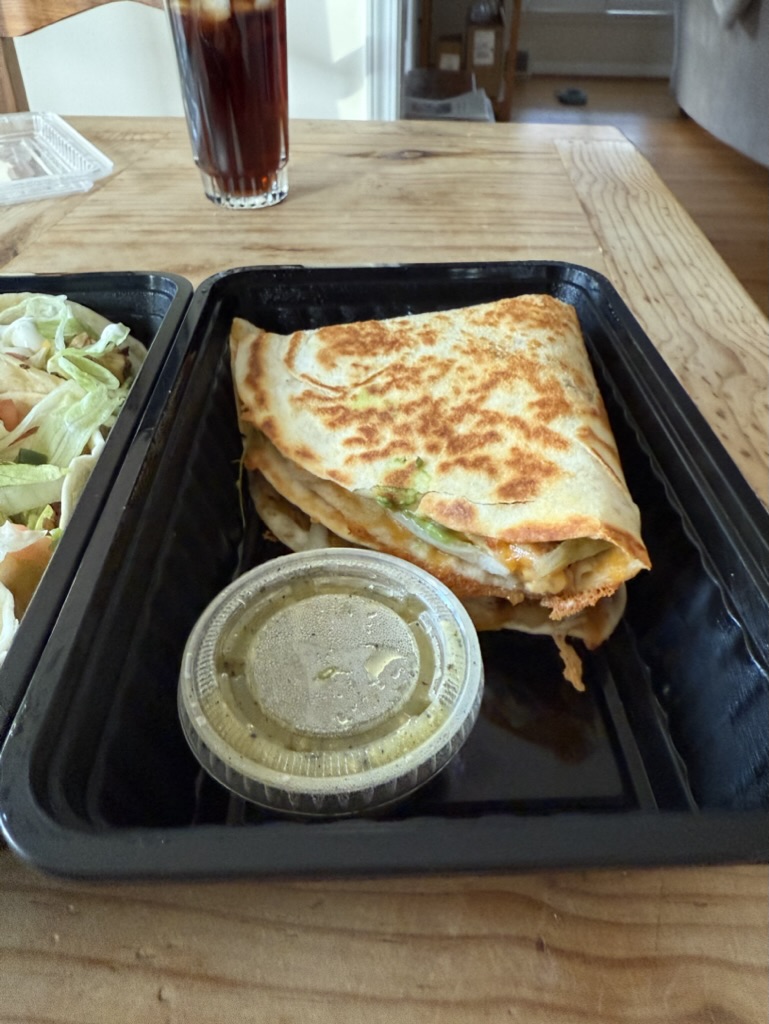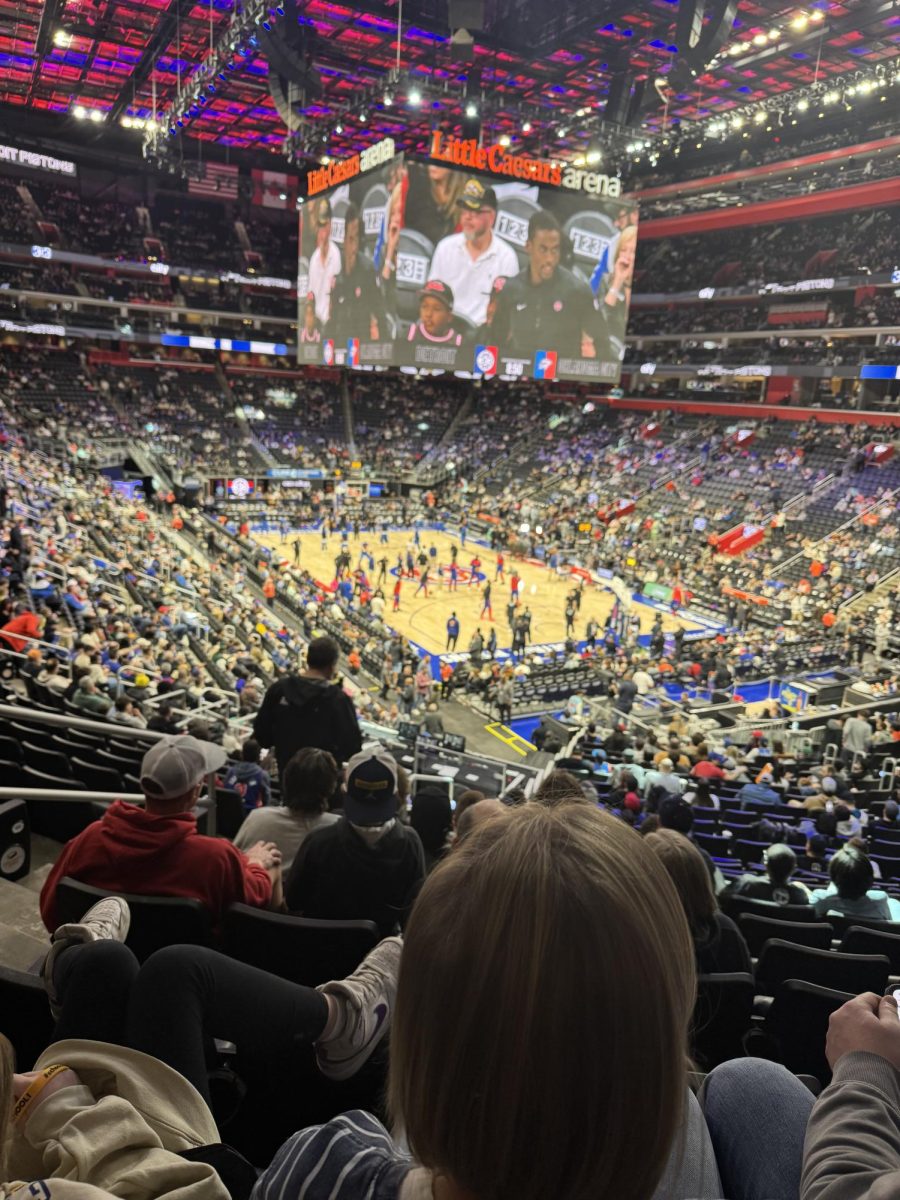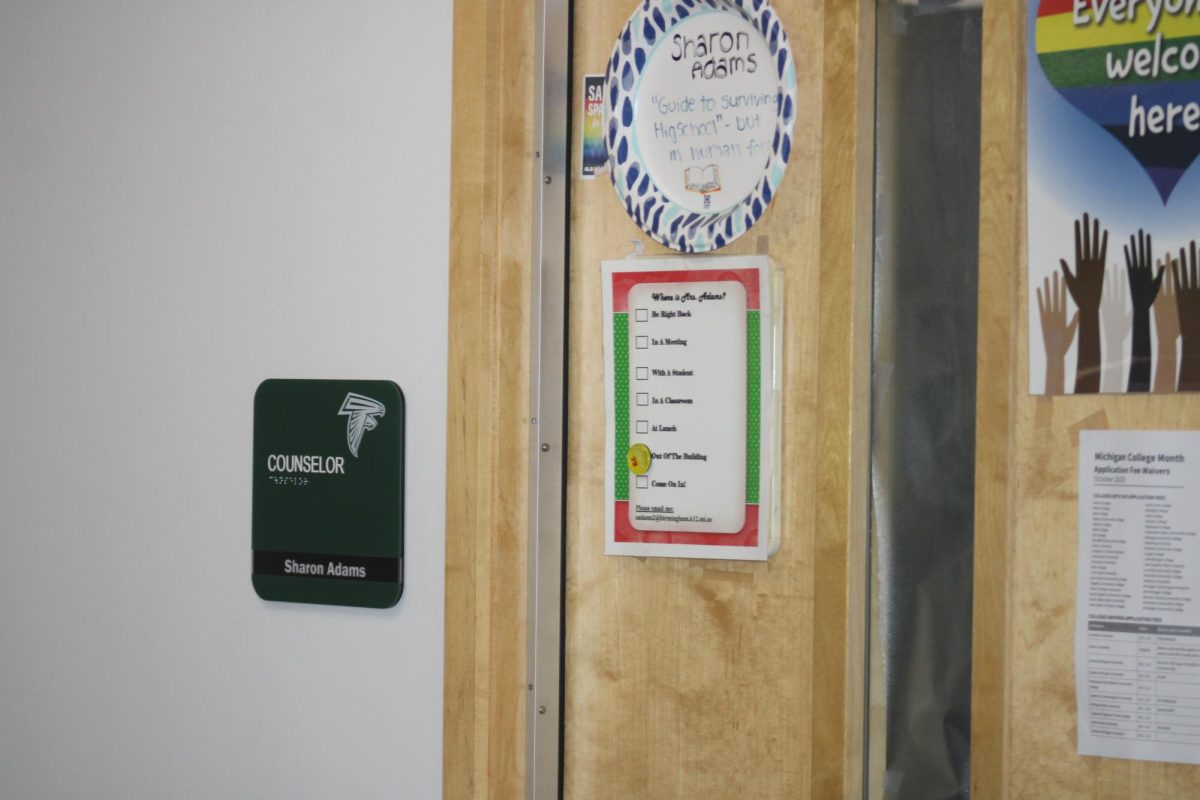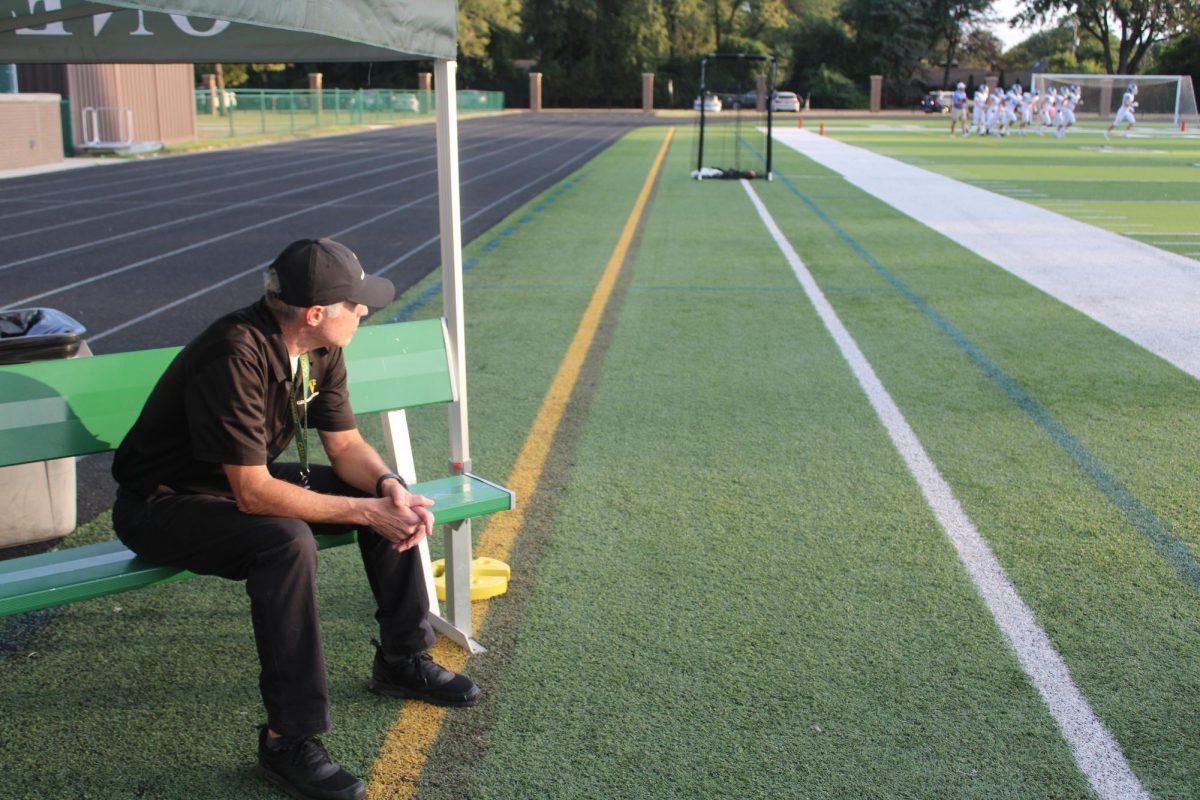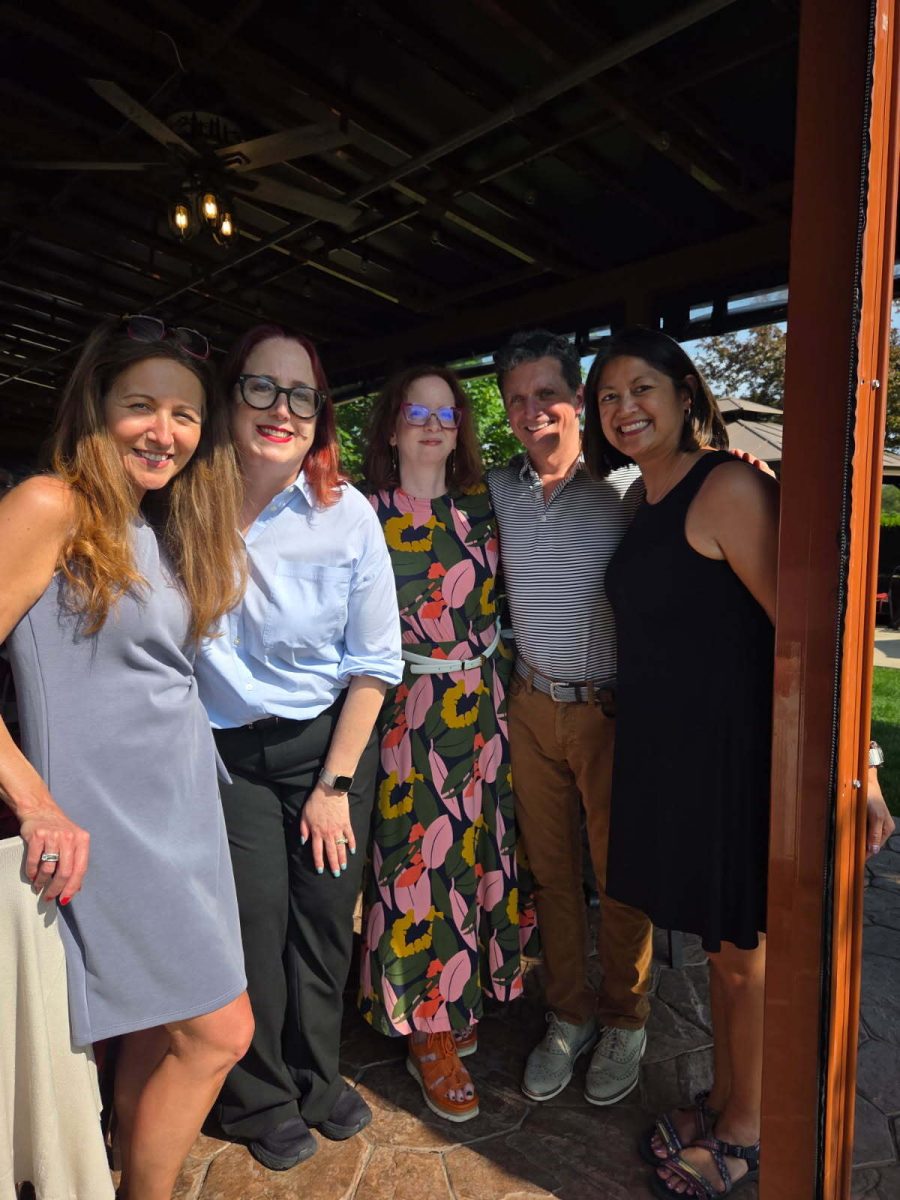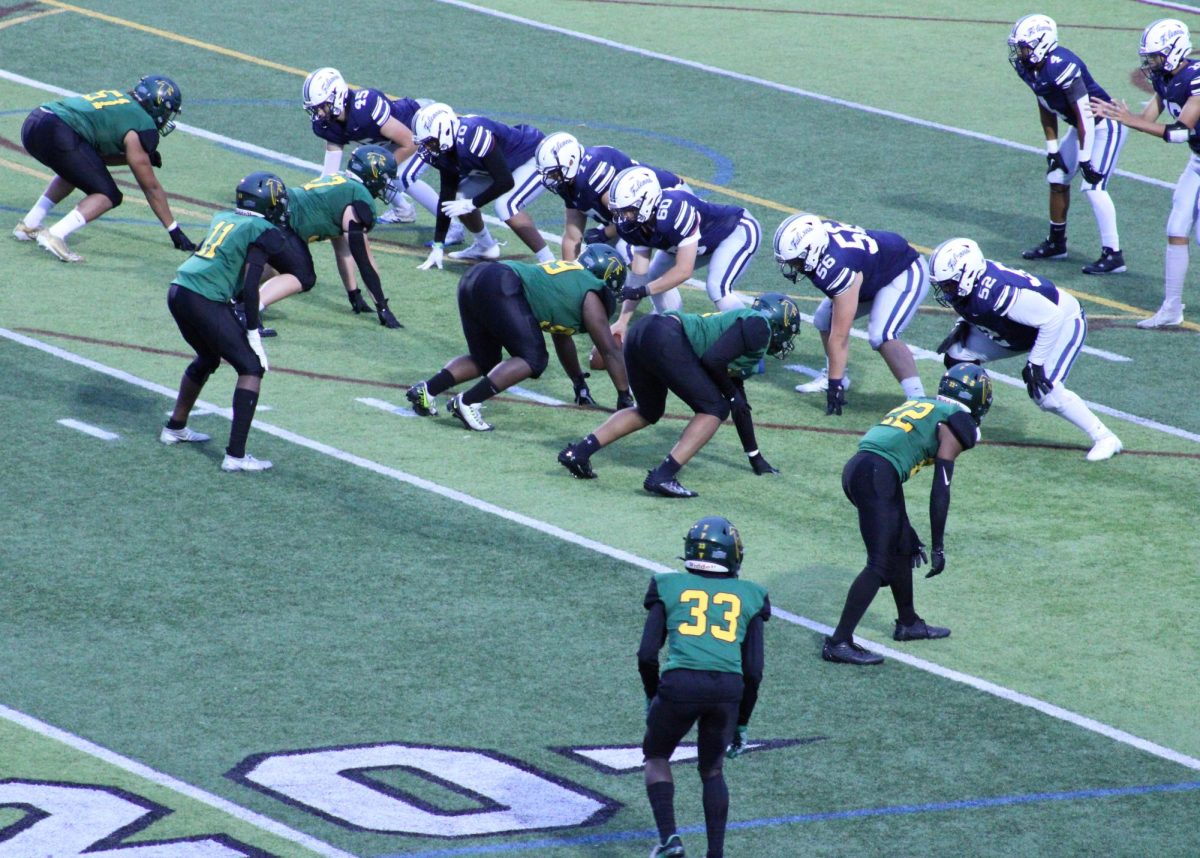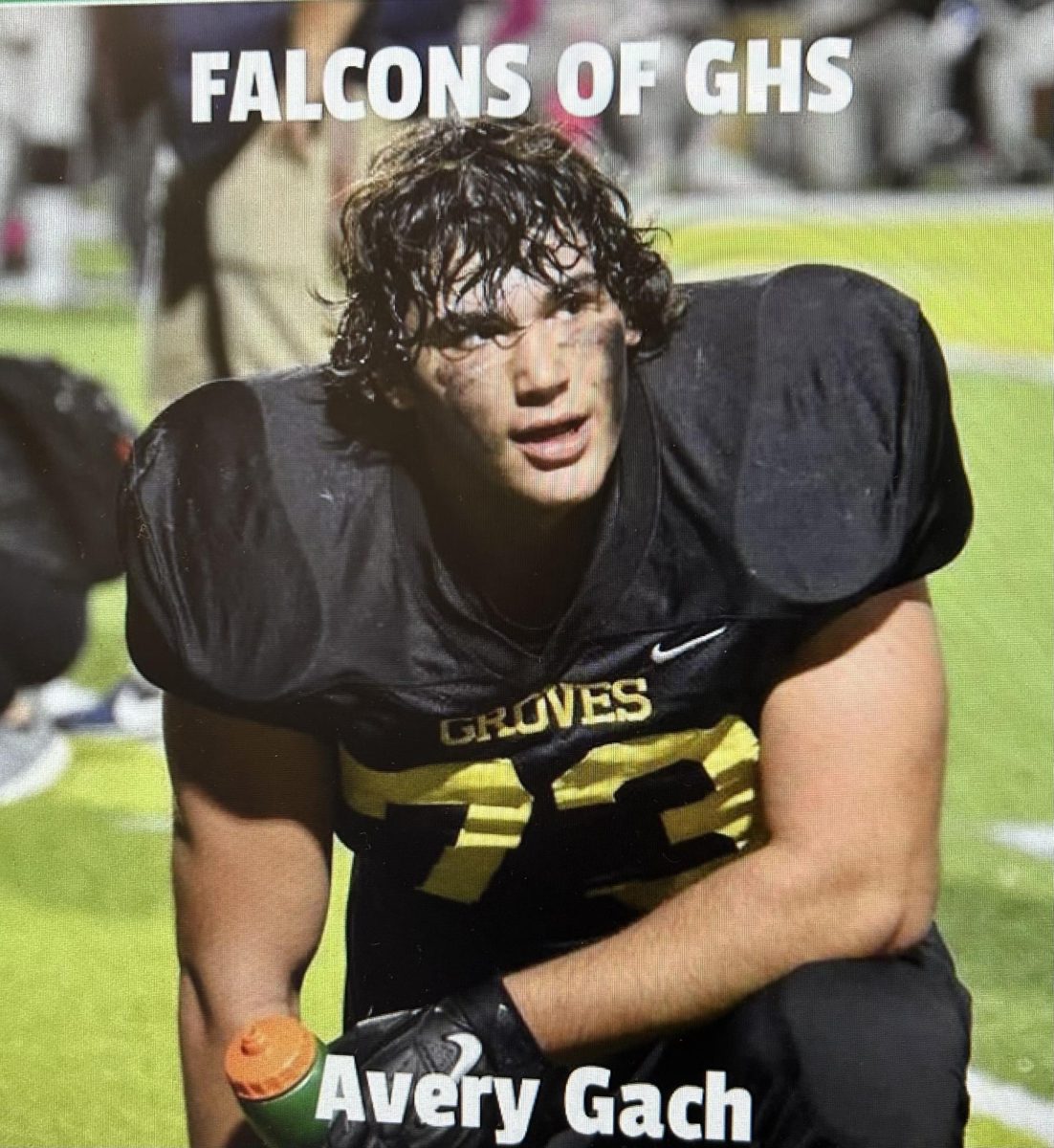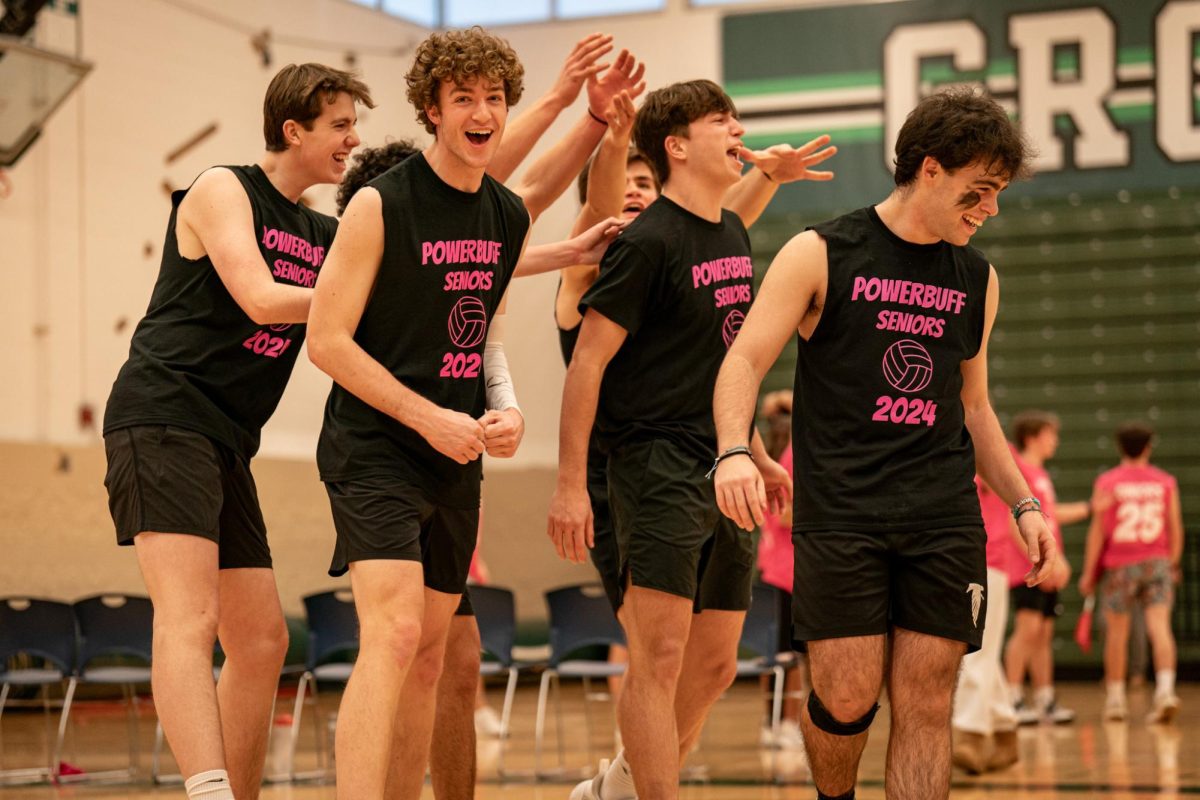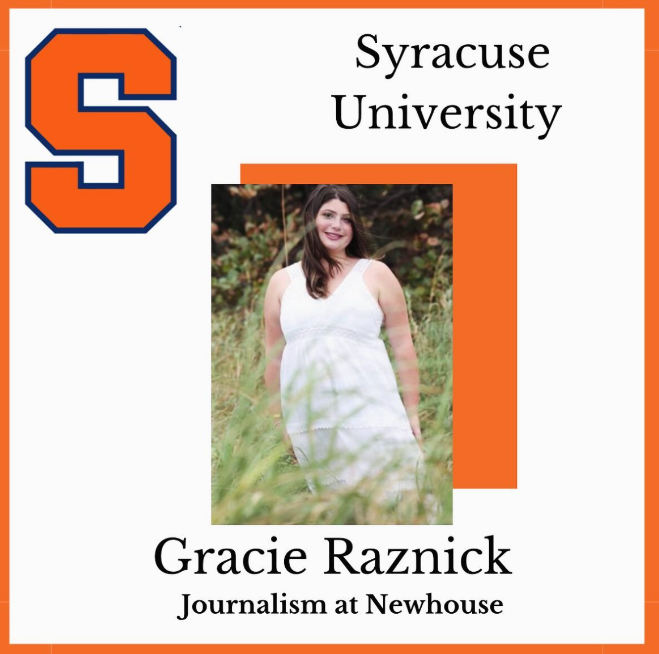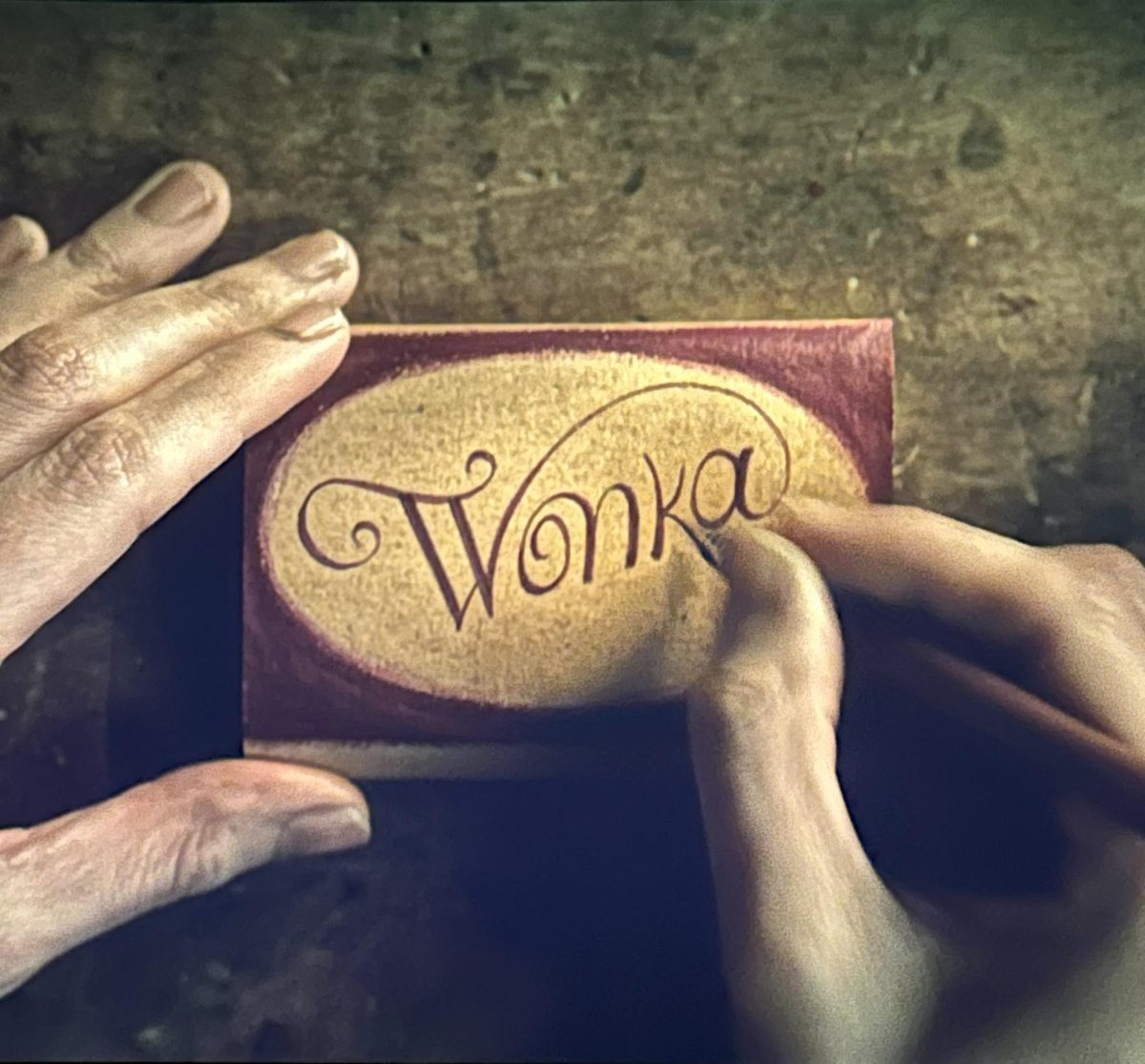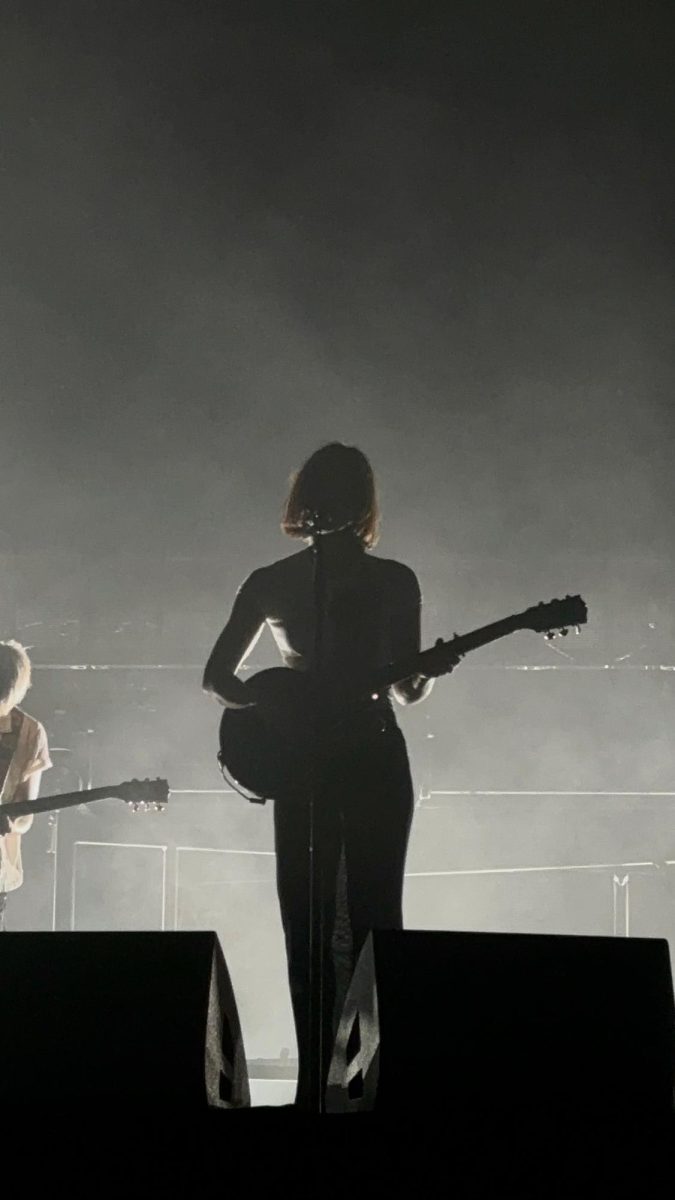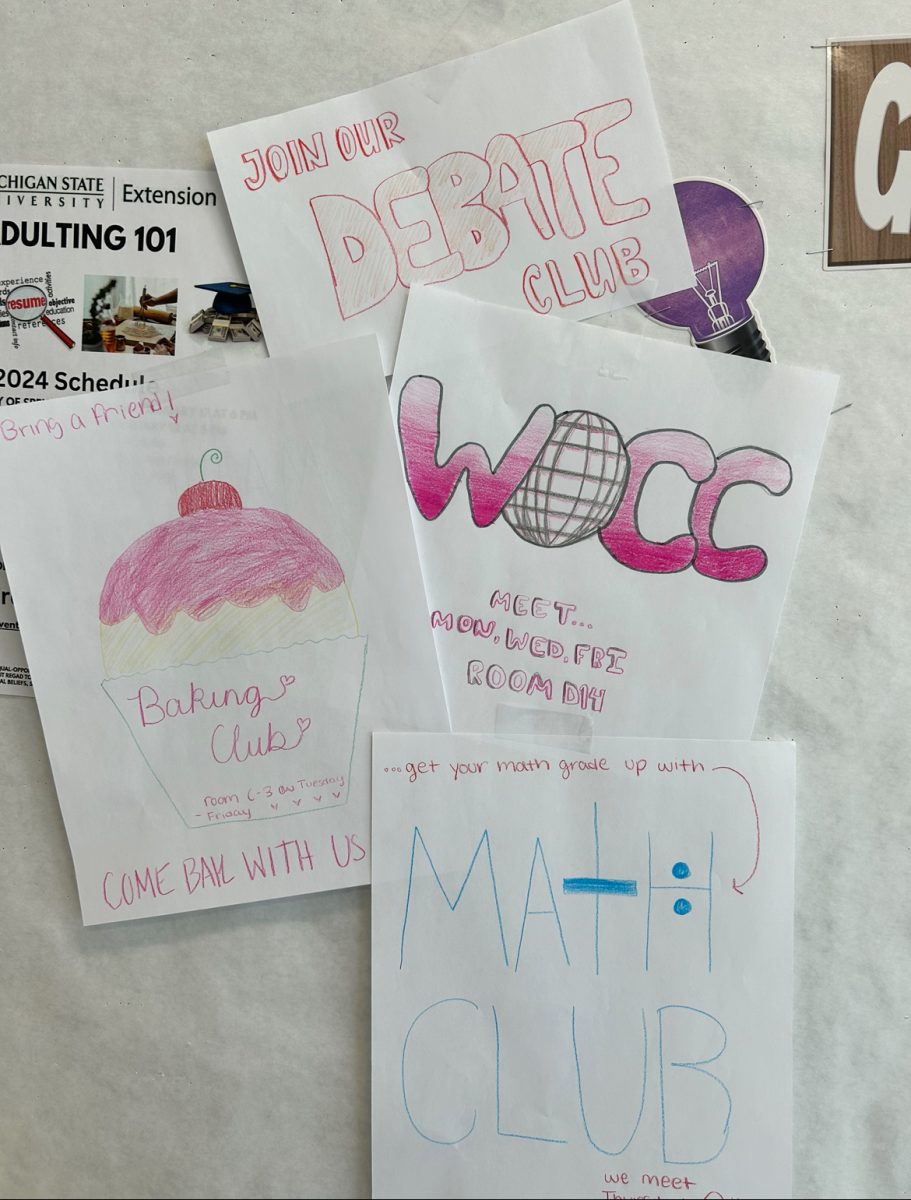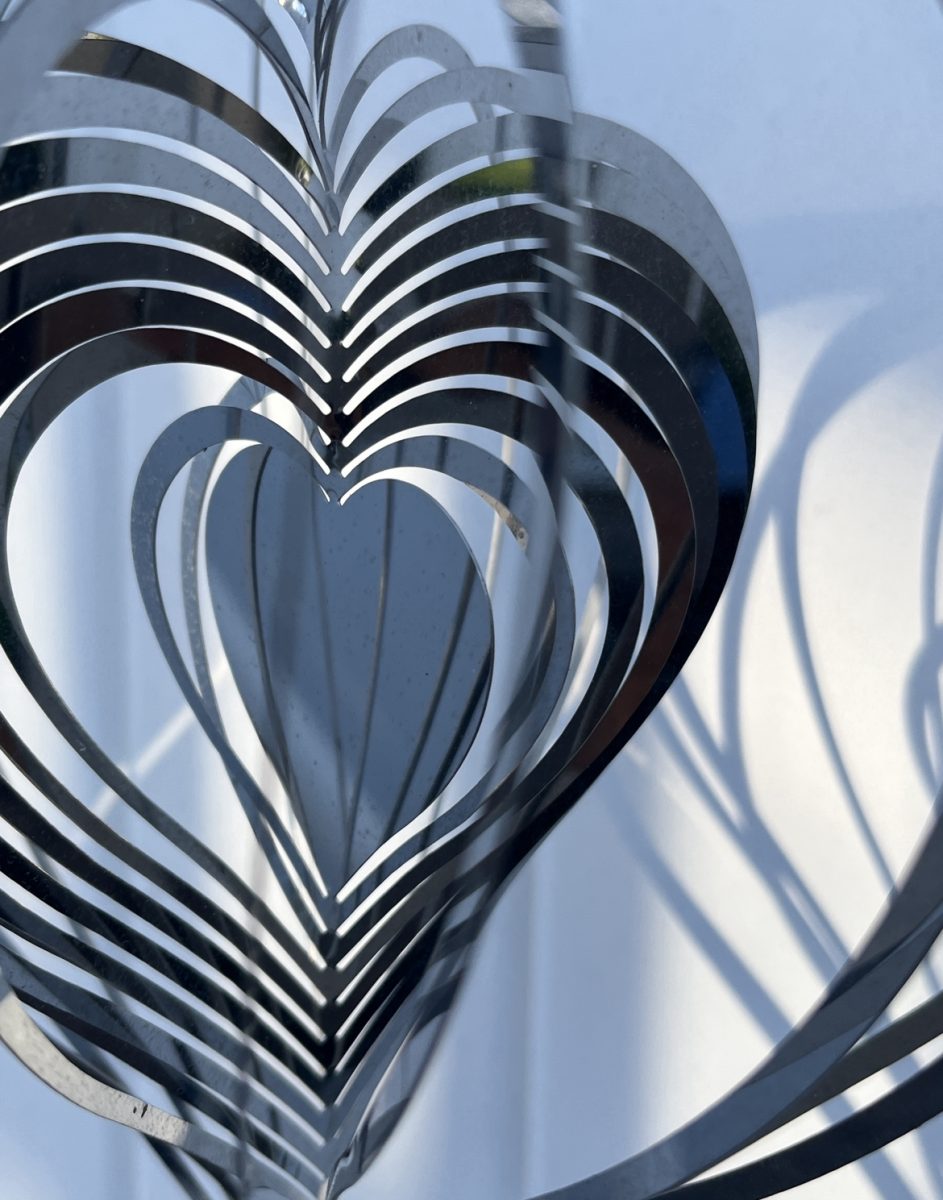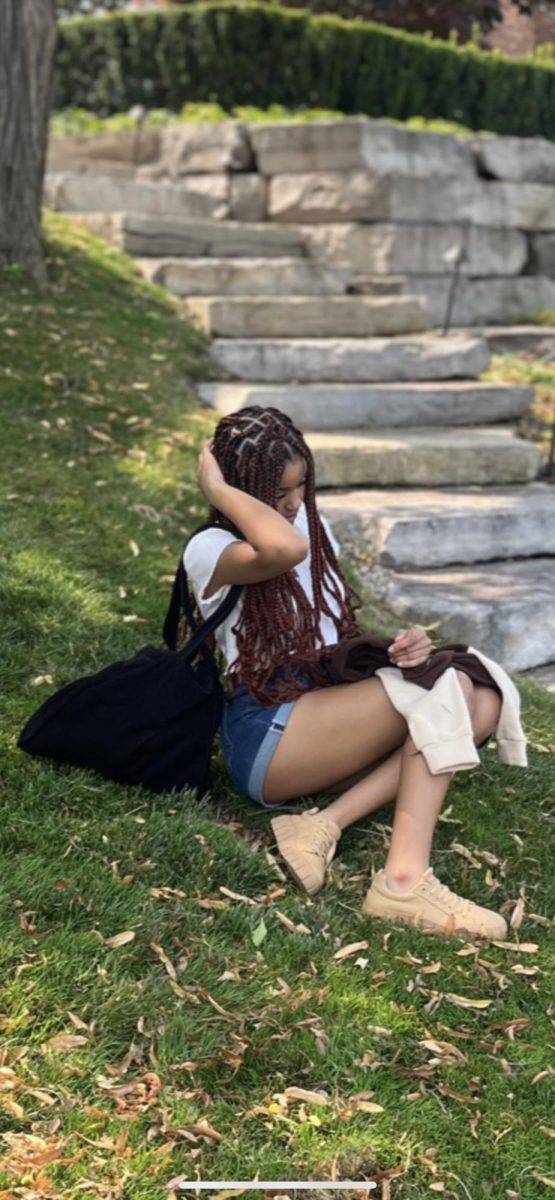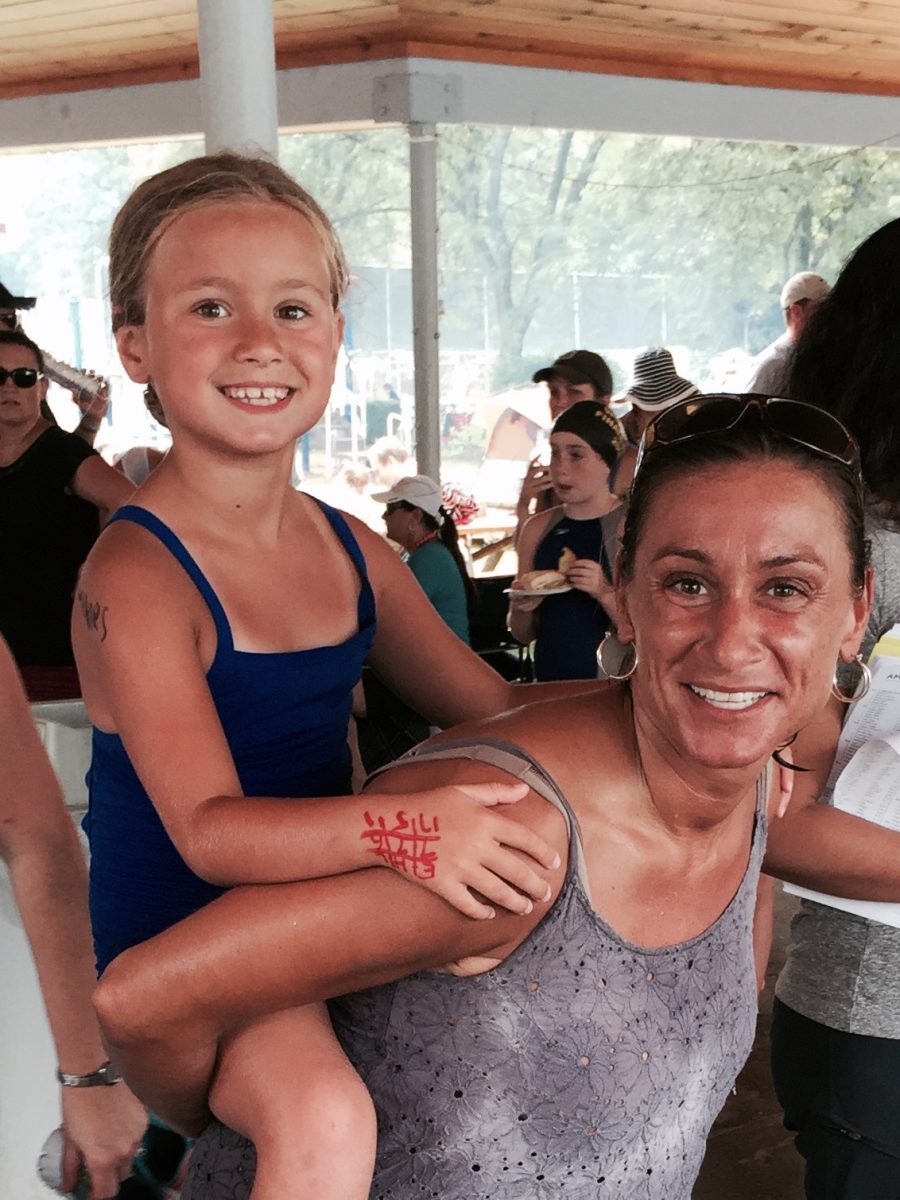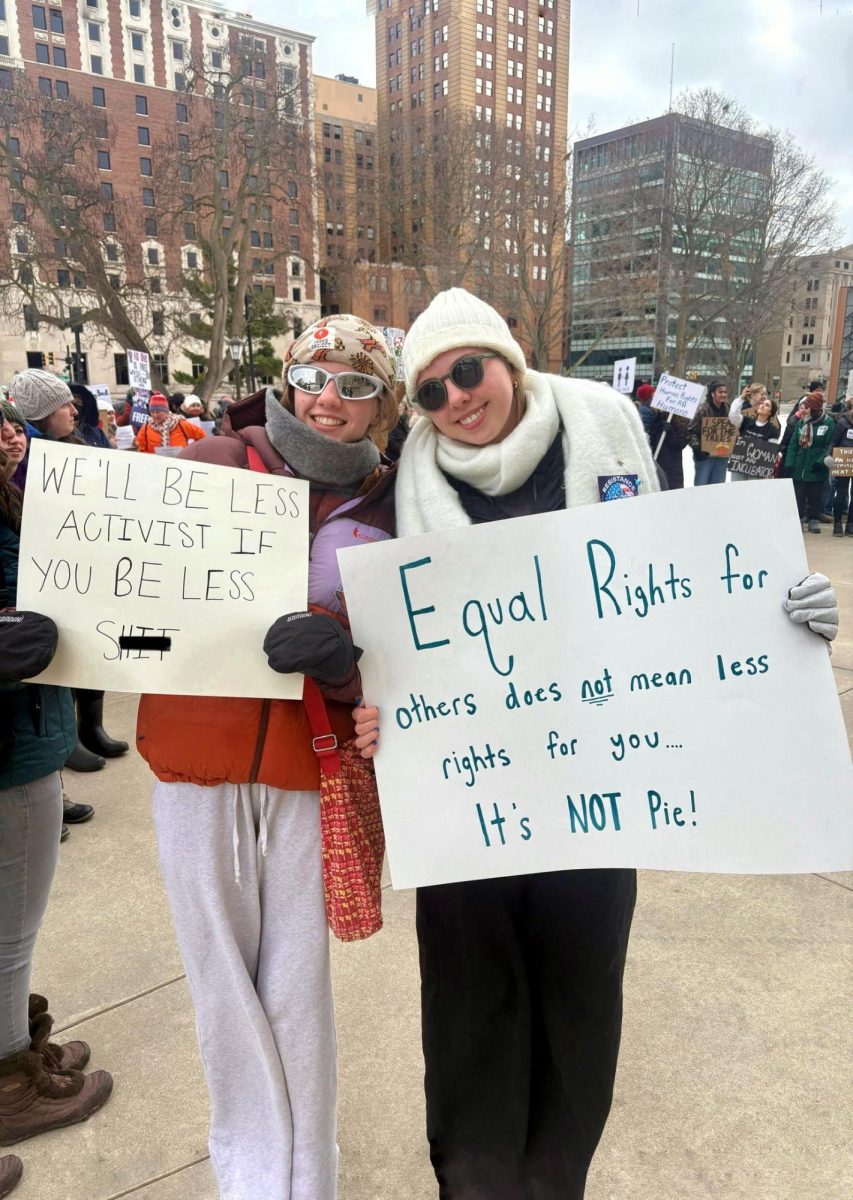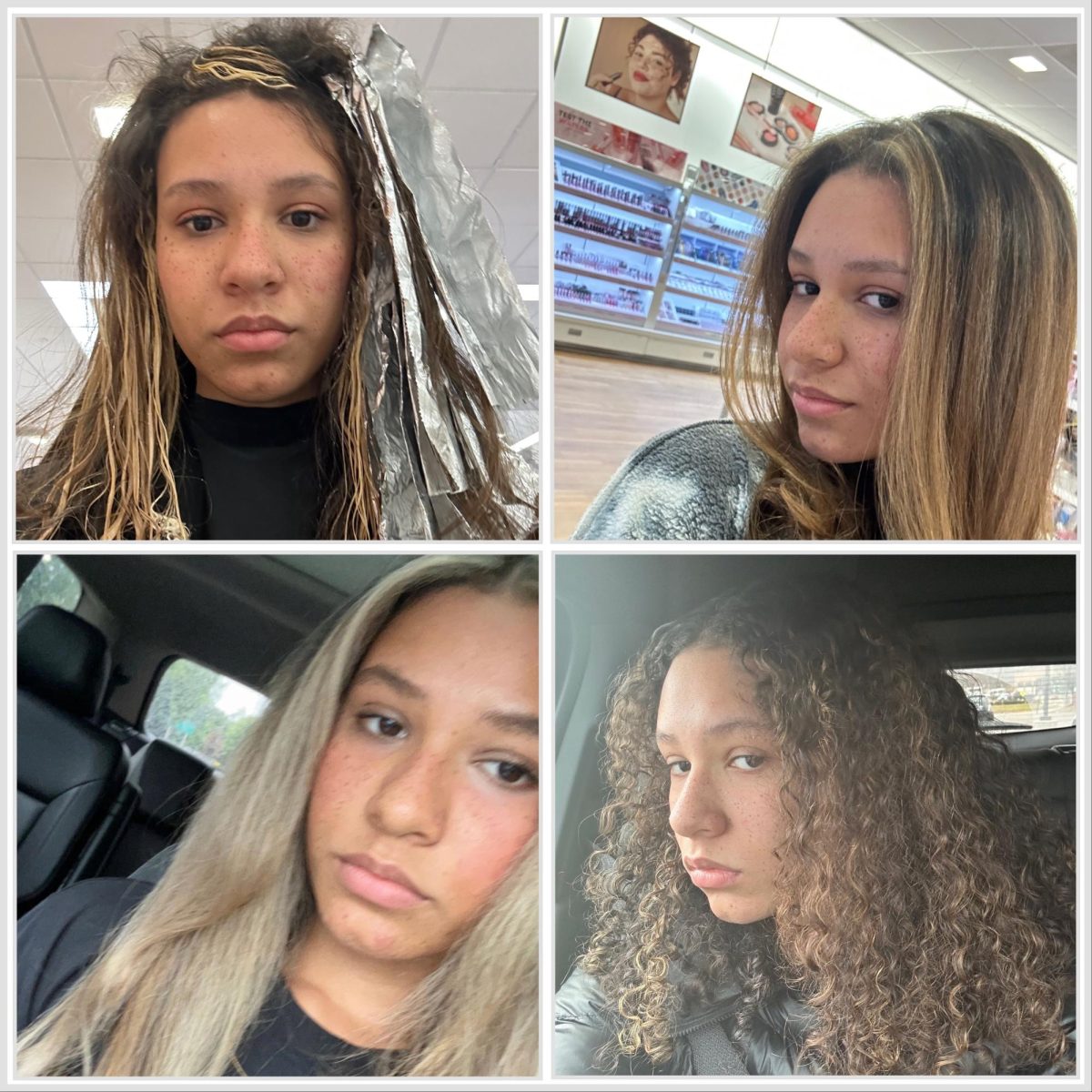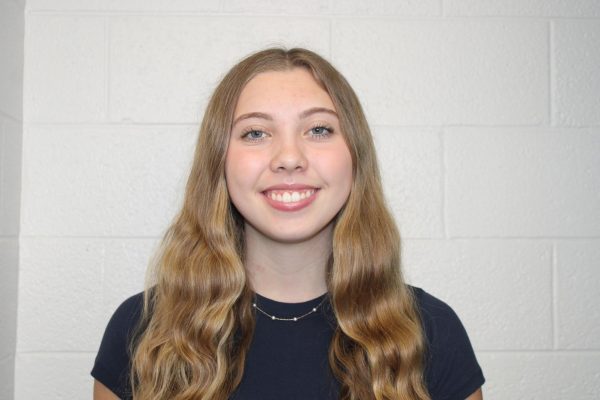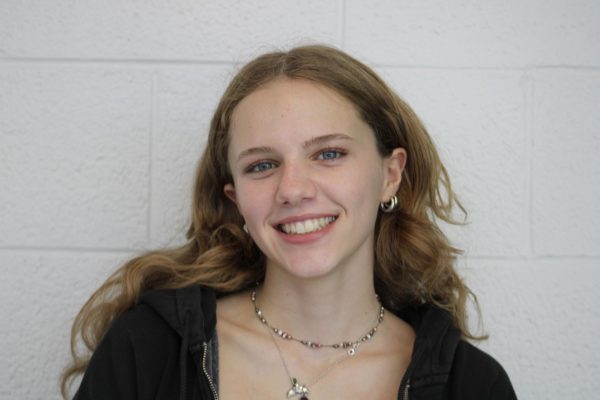“Love! Not hate! Makes America great!”
The chant echoed through the crisp winter air as hundreds of women, men and children joined together for a People’s March in Lansing, Michigan on Jan. 18, 2025. The streets pulsed with energy; voices united in their fight for social change and in preparation for President Trump’s upcoming inauguration. After election results were made official, women across the country mobilized, organizing marches in over 30 cities nationwide— determined to make their voices heard no matter the cost.
We gathered at the Methodist Church in downtown Lansing, a place of sanctuary transformed into a launchpad for activism. The air buzzed with anticipation as we grabbed our signs— “My body, my choice,” “Hate will not make us great” and countless others— symbols of our collective resistance. As we stepped out into the streets, the march began and there was a rhythmic beat of footsteps and pounding drums syncing with the thrumming pulse of our own hearts.
“No justice!” a voice rang out. “No peace!” we roared in response.
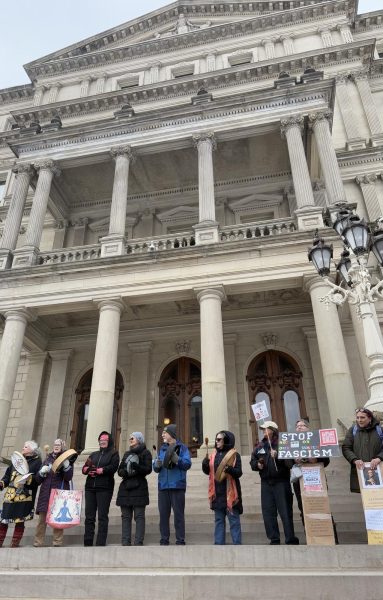
(Ireland Kopsch)
We gathered before the steps of the state capital; as our numbers grew, so did a feeling of unity and community. Amongst the sea of people, it was impossible to feel alone in the upcoming struggle of the next four years.
“This fight isn’t just for us—it’s for the generations to come after us,” Sarah Schneider said, with conviction. Schneider was a fellow crowd member who attended from the nearby Lansing area. In addition to others in the crowd she is very passionate about the unity and equality of others and pledges to “Not be silent” and to “Not back down.”
The first speaker was a young preacher at the church we had all first met up at, Rich Burstall. He began by condemning the Christian church, stating that he felt ashamed at times to be a part of an institution that perpetuates so much hate. He was confused as to how a religion that preaches “love thy neighbor” could become associated with alt-right conservatism. Burstall was frustrated that so many of this beloved faith had turned God’s teachings into political tactics used to instill hate and fear into millions, to exclude and harm minorities and to further highlight people’s differences. A common theme throughout the speeches, including Burstall’s, was a need for unity. They were a cry to come together, an urge to drop the labels of left and right and rally against our unjust leaders together instead.
The event organizers were Monica Haladnya of Lansing and Don Carroll of Kentwood.
“It’s for everyone. This is the People March. It’s for everyone—for every person that has concerns for their future. It’s not just about abortion or immigration…it is about all of America,” Haladnya said.
In a short speech, Haladyna expressed her shyness but emphasized that she felt it was important to organize the demonstration.
“For me, it’s difficult times– living as an immigrant and a mother of a disabled, transgender child,” Haladnya said.
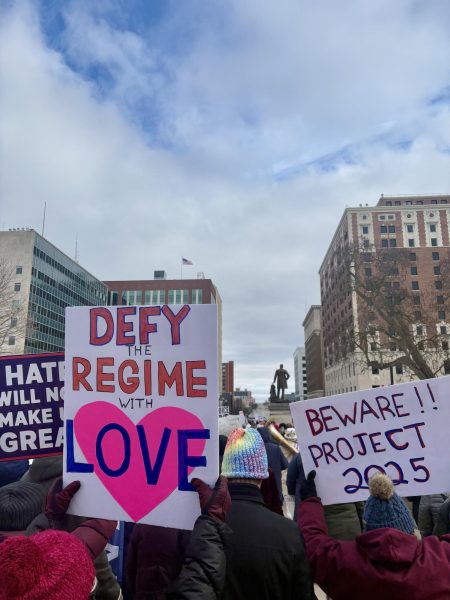
(Ireland Kopsch)
Following a few speeches, protestors marched to the sound of drums down the sidewalk of North Capitol Avenue, and around the capitol building. We were met with kindness and appreciation from the community. On our walk, many people waved from their cars or honked their horns to let us know that even though they couldn’t walk with us today, they were in solidarity with us.
Similar marches took place in cities across the U.S, including Washington D.C, New York City and Chicago. According to an article from AP News, the Washington D.C. March attracted over 500,000 people, an undoubtable victory. This success is partially accredited to Ben & Jerry’s, a popular ice cream brand, who posted a video on their social media, which helped the event gain further traction and support. The People’s March sparked a nationwide movement committed to love, unity and resistance. Though the road ahead is uncertain, the spirit of these marches will continue to fuel the fight for justice.

